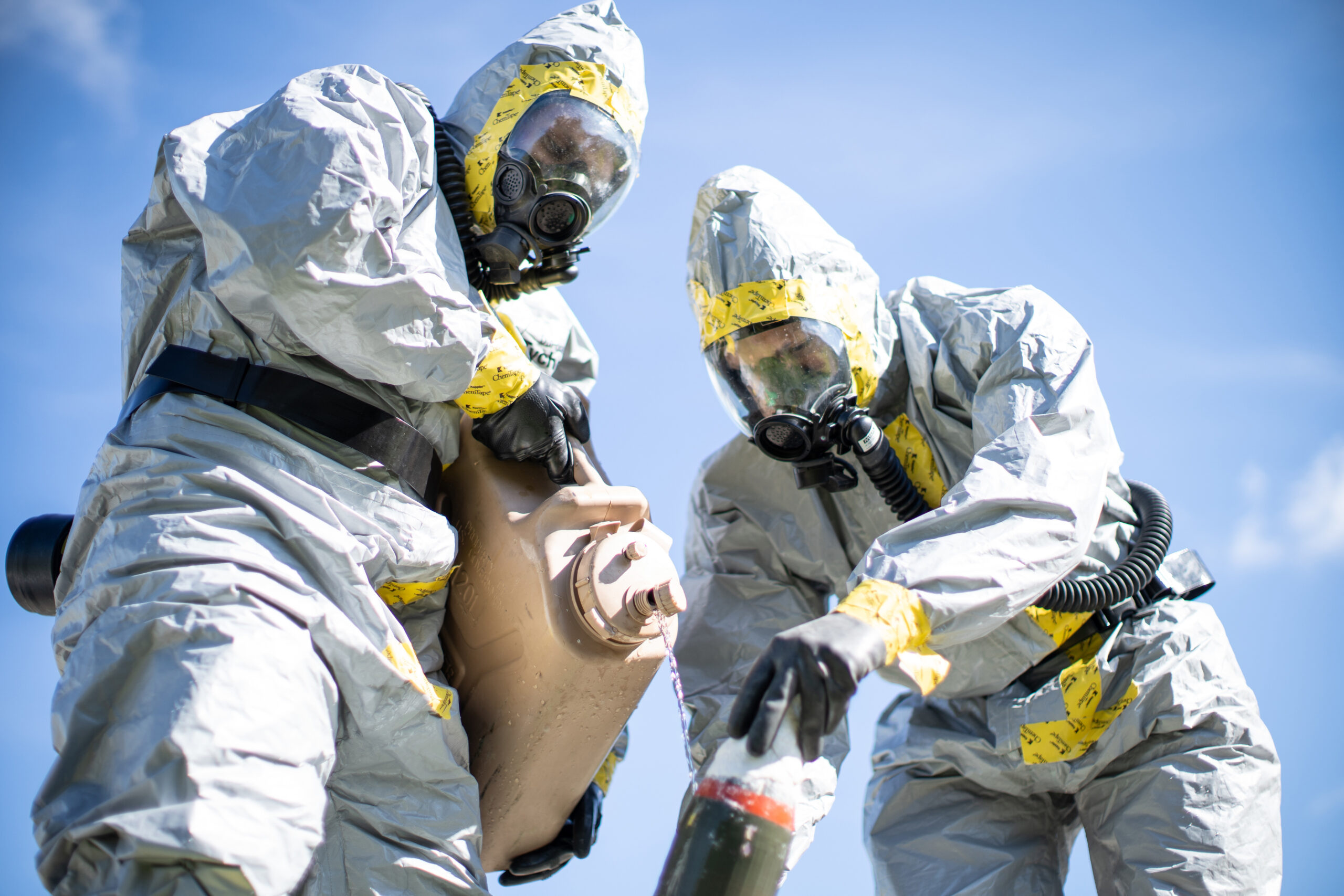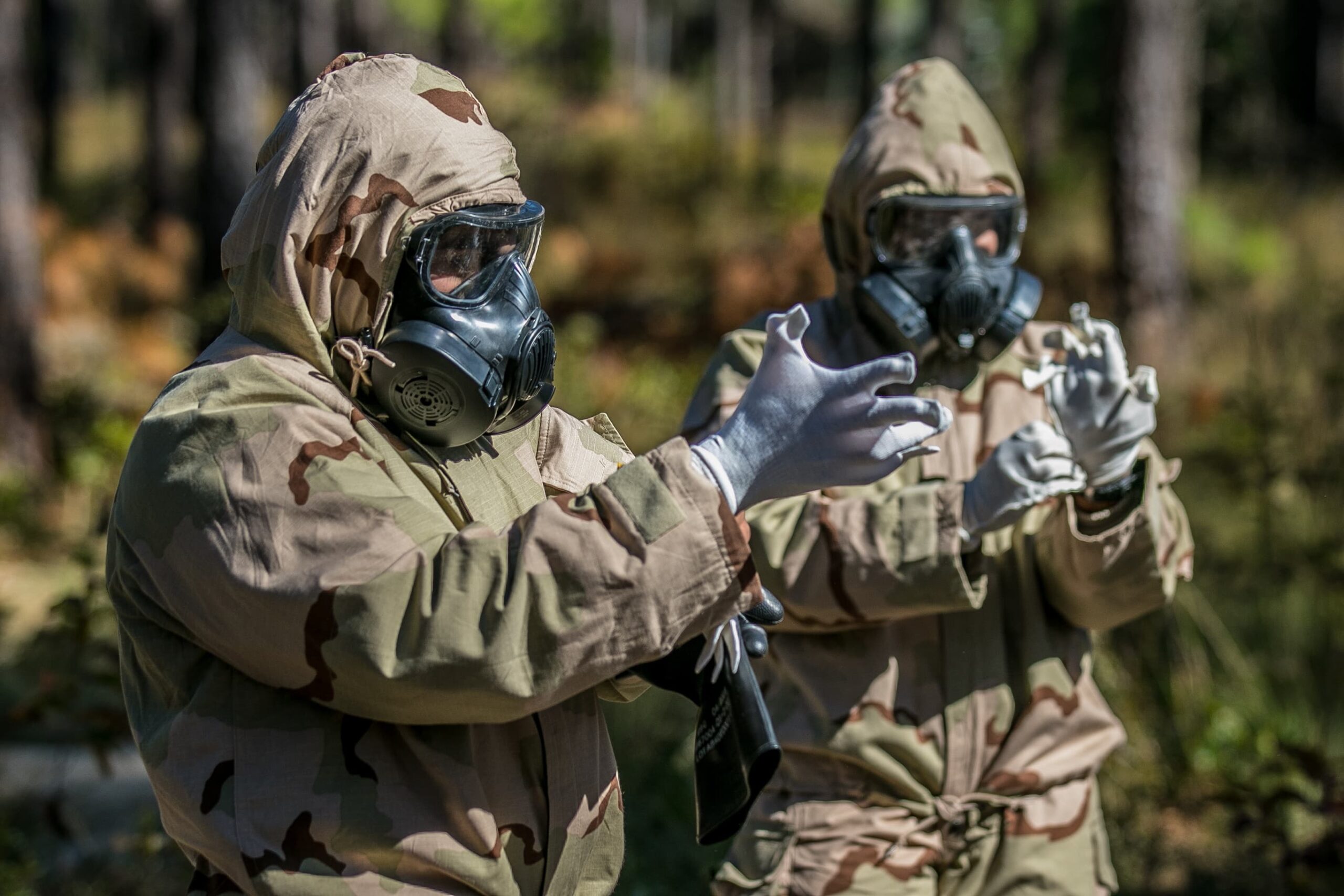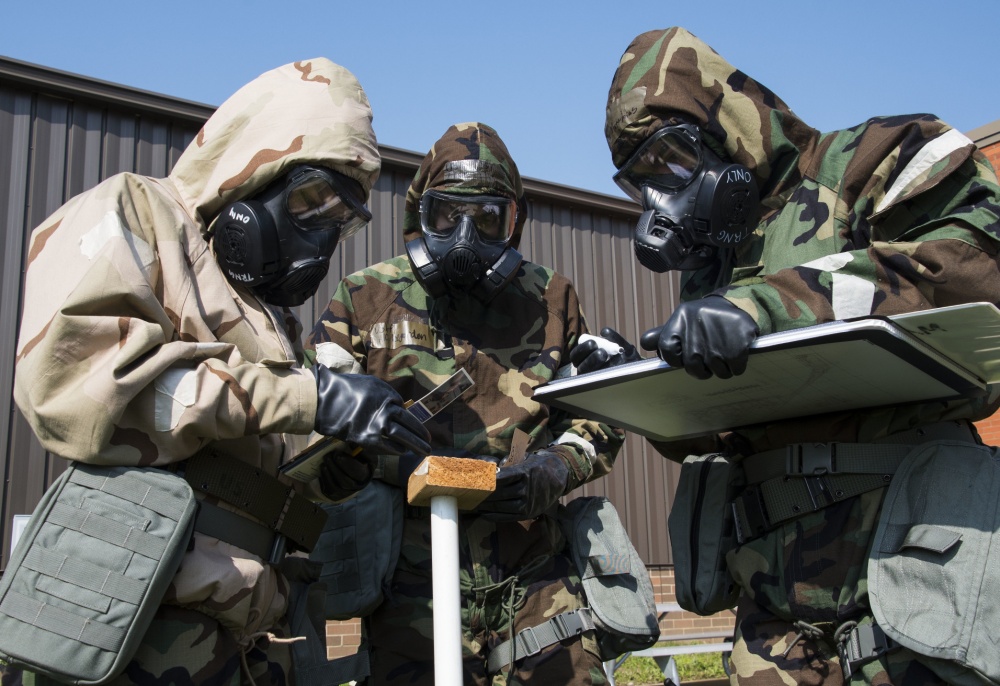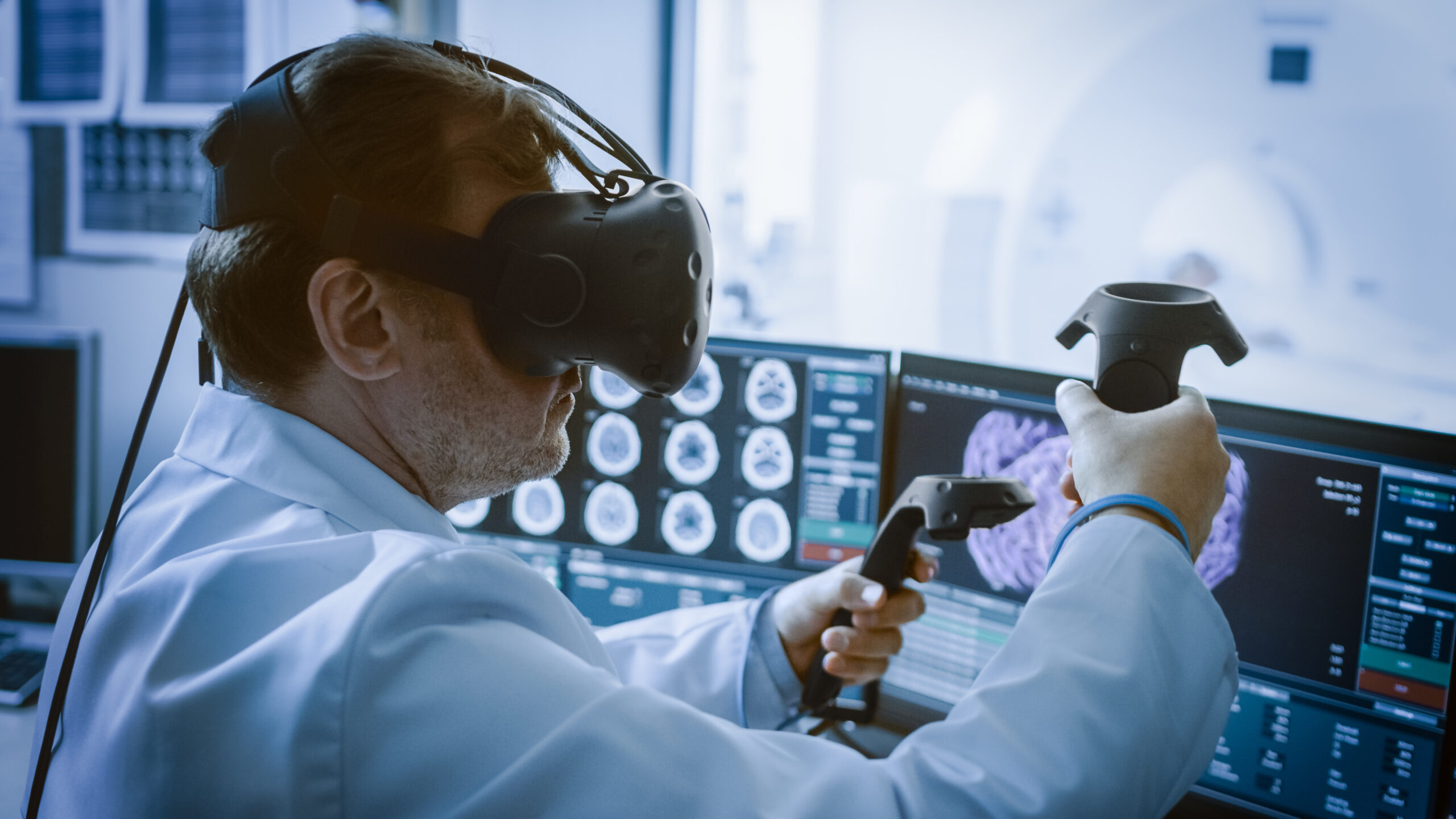Chemical, Biological, Radiological, Nuclear, and High Yield Explosives
Safeguarding Lives Against Battlefield Threats
Geneva is a leader in mitigating modern battlefield threats through groundbreaking research on chemical, biological, radiological, nuclear, and explosive (CBRNE) hazards. Our efforts focus on developing life-saving medical countermeasures, diagnostics, and proactive solutions to safeguard the warfighter and maintain global operational readiness.
CBRNE threats pose unique and evolving risks, making research in this field critical to addressing key challenges in prevention, detection, mitigation, and response. This research directly impacts the health, safety, and operational readiness of active-duty military, while also enhancing national security and public safety. By addressing these risks, Geneva ensures proactive and impactful solutions that strengthen military readiness and survivorship outcomes.
-
- Compared with civilians, deployed Service Members are 2X as likely to suffer a burn injury.
- Since 1990, more than 3.7 million U.S. Service Members deployed to combat environments with airborne hazards, such as burn pit emissions, oil well fire smoke, vehicle exhaust, and sand.
Geneva Advantage
Geneva accelerates military medical research and development (R&D) through strategic collaborations, operational expertise, and innovative solutions that amplify research impact, strengthen national defense, and improve healthcare for service members and the communities they serve.
Key Differentiators in CBRNE Research
-
- Access to Assets and Sites: Geneva collaborates with military treatment facilities, federal laboratories, and research organizations to advance cutting-edge CBRNE solutions.
- Proven Performance: Decades of expertise in navigating military-focused research and funding mechanisms ensure effective, actionable outcomes.
- Comprehensive Expertise: Geneva specializes in critical areas such as detection technologies, medical countermeasures, and environmental remediation to address the lifecycle of CBRNE threats.
By leveraging our strengths, Geneva transforms research into real-world applications that protect lives and strengthen military and national security.
PERFORMANCE CAPABILITIES
Geneva’s CBRNE research focuses on the developing, testing, and evaluating prophylaxis, therapeutics, and diagnostics against CBRNE threats. Our purpose is to protect the warfighter and maintain maximum global operational readiness.

Learn more about Geneva’s CBRNE research and how we are driving solutions to mitigate battlefield threats and enhance military preparedness.
Let's ConnectPROJECT HIGHLIGHT

Scientific Publications
Explore the cutting-edge of science with the latest scientific publications from Geneva researchers and thought leaders.
Read Publications






